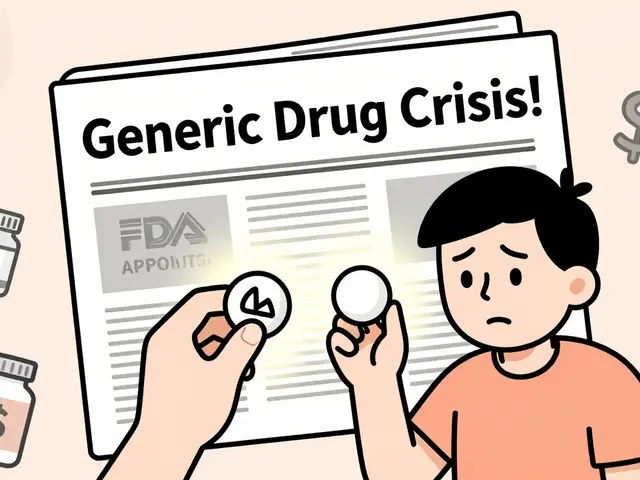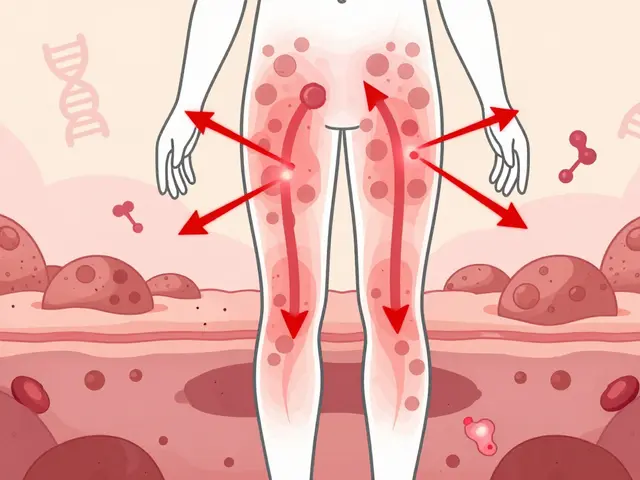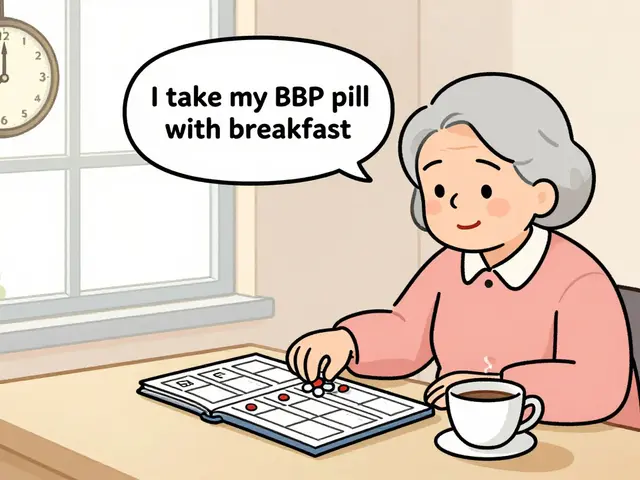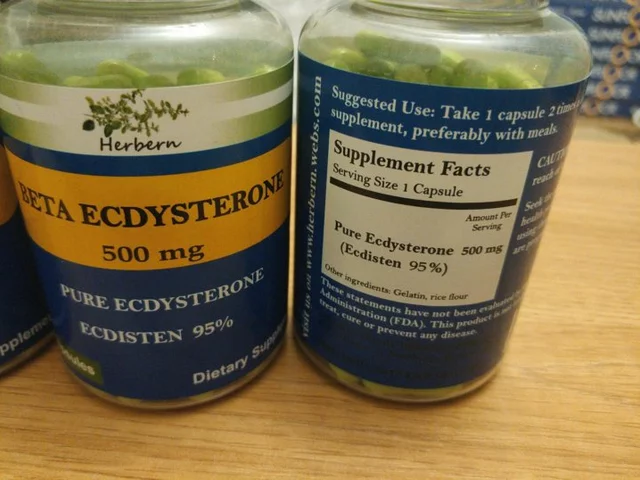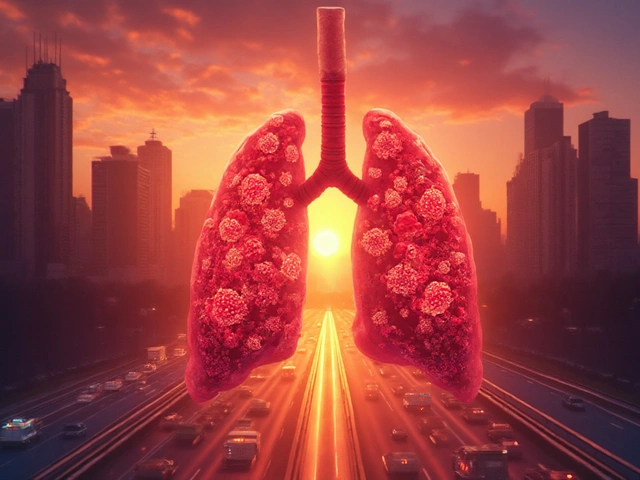June 2023: Practical health and pharma guides from PharmaServe
Curious what we published in June 2023? This page pulls together six short, practical posts that cover skin care, travel nutrition, pregnancy nausea, cough treatment, antiviral drug interactions, and vaccines for STIs. Read the quick takeaways below so you can use the tips right away.
Chemical peels for chloasma
We looked at how chemical peels can help chloasma (those stubborn dark patches). Peels work by removing damaged outer skin and encouraging new skin to grow. Their success depends on peel type and depth, and darker skin tones need careful handling to avoid extra pigmentation. If you’re considering a peel, talk to a licensed dermatologist, ask about peel strength, and request a patch test first.
Travel tips that actually help
Travel can drain your energy, but simple habits make a big difference. Pack protein-rich snacks like nuts, carry dried fruit for quick carbs, and drink water regularly. Try to balance local meals—look for veggies, lean proteins, and whole grains. Small choices keep your energy steady and help you enjoy the trip more.
Pregnancy vomiting is common, but you don’t have to suffer needlessly. Eating small, frequent meals reduces an empty stomach and large swings in hunger. Ginger tea and vitamin B6 helped many readers with nausea. Sip fluids slowly, keep water or an electrolyte drink nearby, and step outside for fresh air when nausea hits. If vomiting is severe or you can’t keep fluids down, contact your provider.
Bromhexine came up as a useful option for post-nasal drip and persistent cough. It thins mucus so you can clear your airways more easily. That helps reduce coughing frequency and discomfort. Check dosing instructions and avoid combining it with incompatible medicines—ask your pharmacist if you’re on other respiratory or cardiac drugs.
One post focused on lamivudine drug interactions. Lamivudine treats HIV and hepatitis B, but it can interact with other meds and supplements. The main rule: tell your healthcare team about everything you take, including OTC meds and herbal products. Regular monitoring helps catch problems early and keeps treatment working.
Finally, we reviewed vaccines that prevent certain sexually transmitted infections. HPV and hepatitis B vaccines reduce the risk of those infections and their long-term complications. Vaccination matters at both the individual and community level. Talk to your clinician about eligibility and catch-up schedules.
Want deeper reads? Each summary links to a full article where you’ll find practical steps, warnings, and sources. If you have a health concern, use these posts as a starting point and check with your healthcare provider before trying new treatments or supplements.
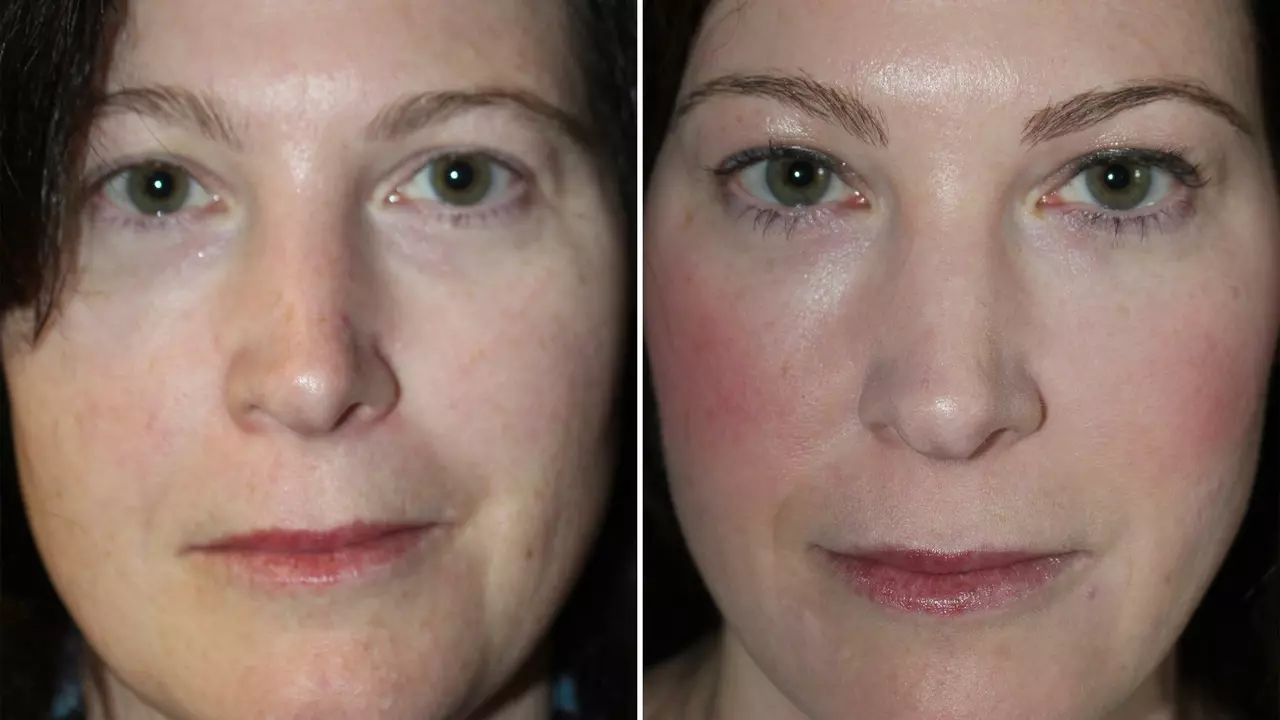
In exploring the effectiveness of chemical peels for chloasma, I've discovered numerous benefits. Chemical peels have been found to reduce the appearance of these dark patches, often caused by hormonal changes or sun exposure. They essentially exfoliate the skin, removing the damaged outer layers and promoting new, healthier skin growth. However, their effectiveness can depend on various factors, including the type and depth of peel, so it's crucial to consult with a professional. Overall, they offer a promising treatment option for chloasma sufferers.

Traveling is one of my greatest joys, and I've discovered that maintaining a nutritious and energizing diet is key to a fantastic travel experience. I've found that packing healthy snacks like nuts and dried fruits keep my energy levels high throughout my journey. I also make it a point to stay hydrated by drinking plenty of water. In addition, I love exploring local cuisines while keeping an eye on balanced meals. These simple tips have truly enhanced my overall traveling experiences, allowing me to enjoy every moment to the fullest.

During my pregnancy, I experienced frequent vomiting and found some helpful coping strategies and remedies to ease the discomfort. One of the most effective tips was to eat smaller meals more frequently throughout the day, as opposed to three large meals. I also found relief by sipping on ginger tea and taking vitamin B6 supplements, both known for their anti-nausea properties. Staying hydrated was crucial, so I always kept a water bottle nearby and took small sips throughout the day. Lastly, getting fresh air and practicing relaxation techniques, like deep breathing, helped me manage my nausea and made the experience more bearable.
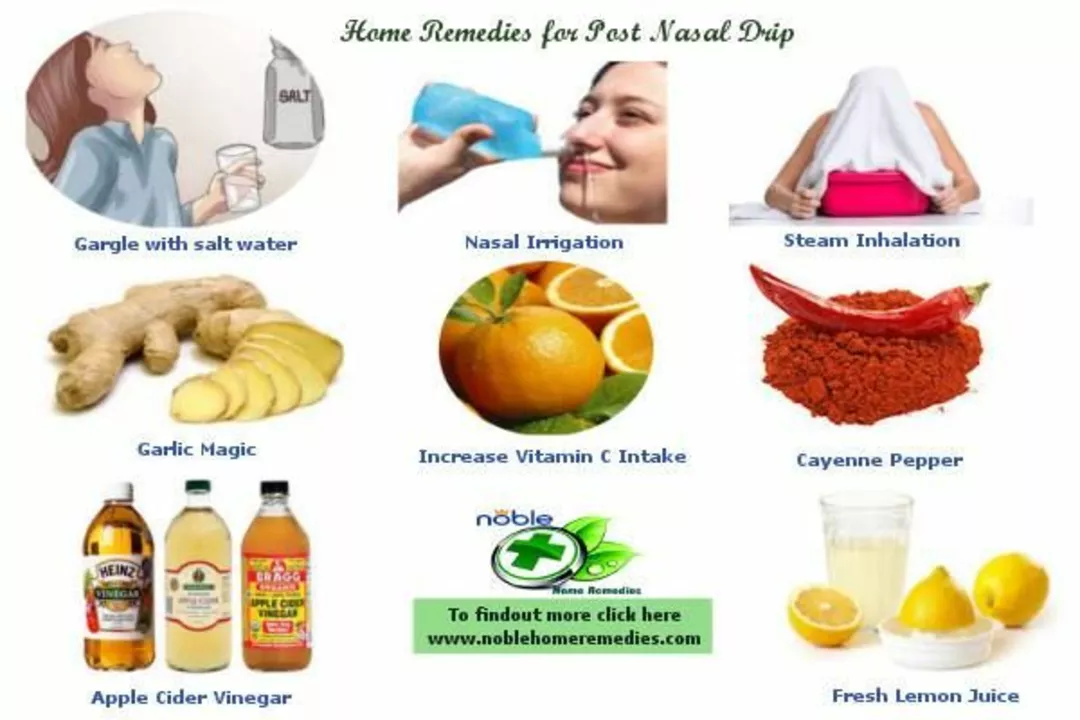
As a blogger, I recently came across Bromhexine, a medication that has proven to be quite effective in treating post-nasal drip and persistent cough. I was amazed to learn that it works by thinning the mucus in the airways, which makes it easier to cough up and clear out. This not only helps to alleviate the discomfort caused by post-nasal drip, but also aids in reducing the frequency and severity of persistent coughs. I personally think that Bromhexine could be a game-changer for those suffering from these conditions. If you've been struggling with post-nasal drip or a persistent cough, Bromhexine might just be the solution you've been searching for!

As a patient or healthcare provider, it's crucial to be aware of Lamivudine drug interactions. Lamivudine is an antiviral medication commonly used to treat HIV and hepatitis B, but it can interact with other medications, potentially reducing its effectiveness or causing adverse side effects. To ensure safe and effective treatment, patients should inform their healthcare providers about all medications they are taking, including prescriptions, over-the-counter drugs, and supplements. Healthcare providers, in turn, should closely monitor patients on Lamivudine and adjust treatment plans accordingly. By staying informed and communicating openly, we can better manage our health and ensure the best outcomes possible.
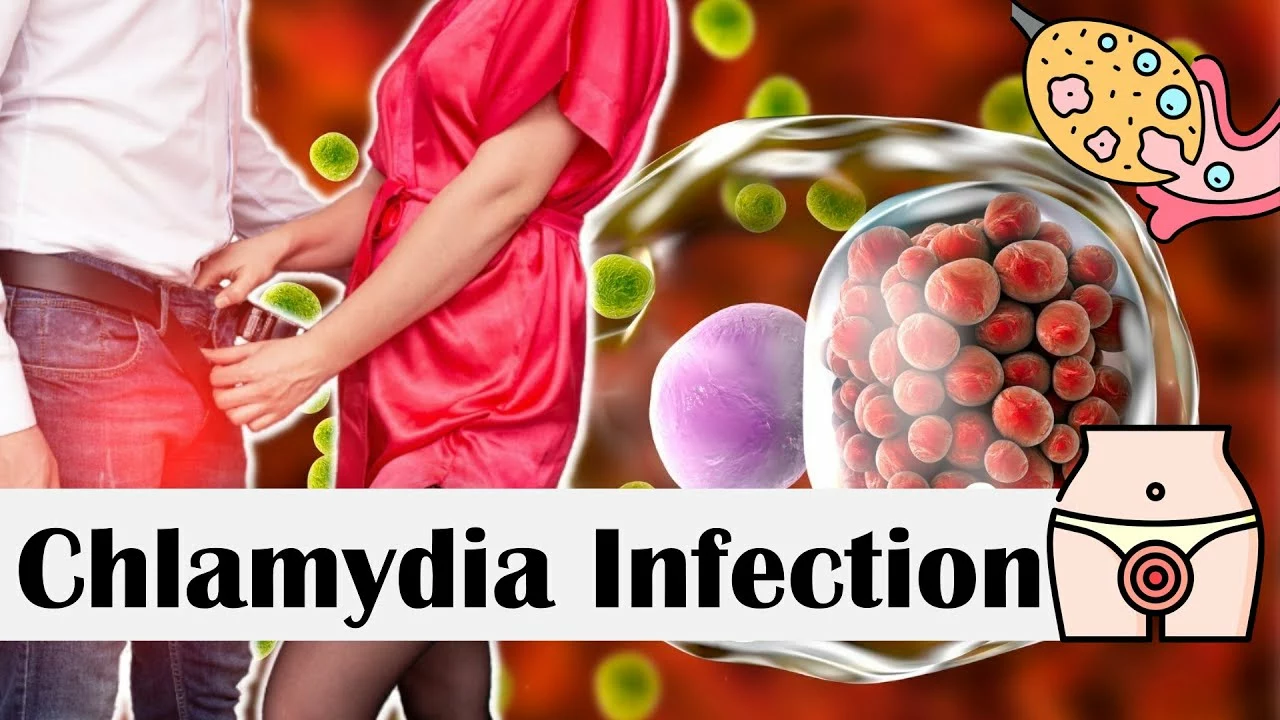
As a blogger, I've recently been researching the role of vaccines in preventing certain sexually transmitted infections (STIs). I've found that vaccines, like those for HPV and Hepatitis B, can significantly reduce the risk of contracting these infections. It's essential for us to be aware of these vaccines and consider getting vaccinated as part of our overall sexual health plan. Vaccination not only protects us but also contributes to the reduction of STI prevalence in the community. So, let's do our part and stay informed about the benefits of vaccines in preventing STIs!







